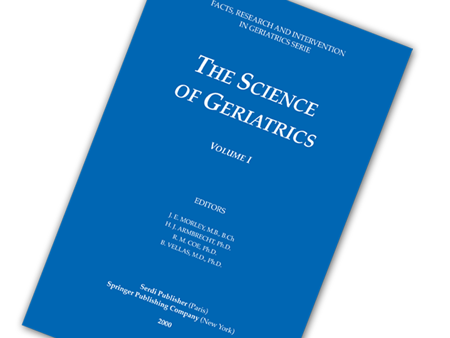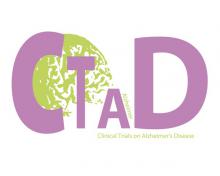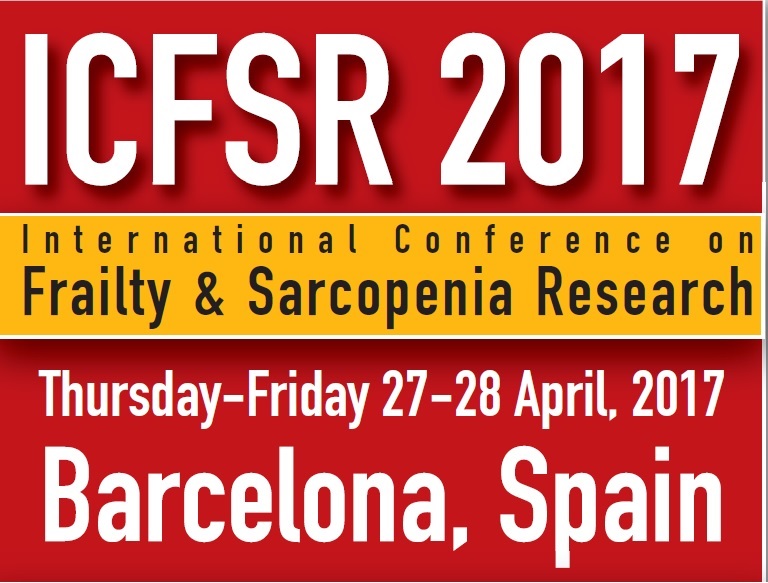This study examined the outcomes of 10-week daily resistive inspiratory exercise in 34 adults with advanced multiple sclerosis (MS) in a long-term care facility. Respiratory muscle strength (maximum inspiratory [MIP] and expiratory pressure [MEP]) and fatigue (Modified Fatigue Impact Scale-5) were measured at pretest, post-test, and 8-week retention. Activity participation (days/week attending group social activities) and respiratory infections were analysed during the baseline, exercise, and retention. Participants were aged 60.0±8.5 years and non-ambulatory (Expanded Disability Status Scale = 8.5±0.4). MIP (p=0.02) and activity participation (p=0.019) differed significantly by time. Bonferroni post-hoc analysis revealed that MIP was greater at post-test (41.6%±23.9%) than pre-test (35.6%±22.0%) (p=0.004), and participants attended more social activities during exercise phase (5.0±3.4 days/week) than baseline (4.0±2.1 days/week) (p=0.043). Fatigue did not change by time. Among the participants, 18%, 6%, and 9% had respiratory infections during baseline, exercise, and retention, respectively. Resistive inspiratory exercise improved activity participation without worsening fatigue during the course of exercise in persons with advanced MS.
(1) M.H. Huang, A. Burnham, L. Doyle, D. Fry, L. Wiske, M. Kolanda, E. Khitrik, J. Goode, H. Smith, K. Shea, N. Houston Jour Nursing Home Res 2020;6:78-81



